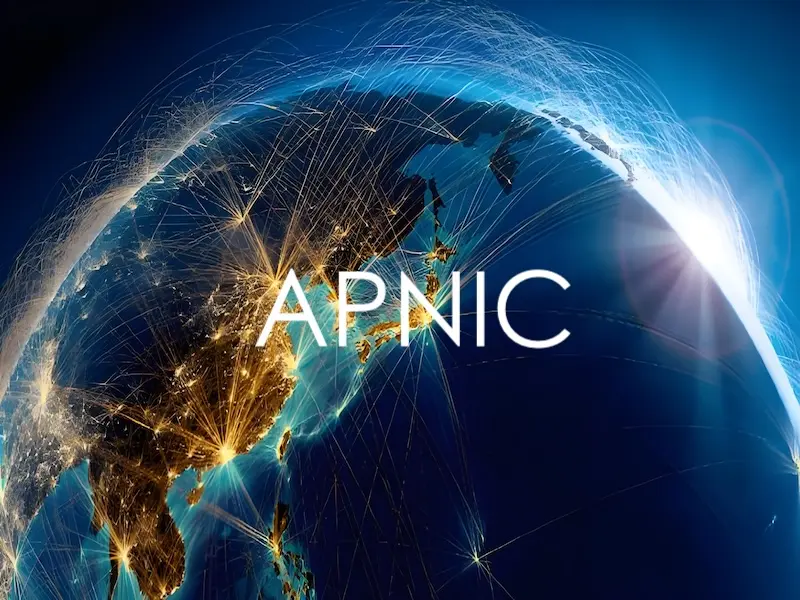- APNIC and APNIC Foundation actively participated in AFNOG 2 alongside AFSIG, IGFA, and yIGFA 2024.
- The event focused on regional collaboration, infrastructure, DNS security, and Internet governance in Afghanistan.
What happened: A showcase of regional Internet collaboration
From 7 to 10 December 2024, the second AFNOG conference took place online, coinciding with AFSIG, IGFA, and yIGFA 2024. The event attracted 48 local and international professionals to discuss Internet operations, infrastructure development, regional connectivity, DNS security, and Internet governance.
APNIC representatives played key roles, highlighting regional challenges and opportunities.
Jia Rong Low opened AFNOG 2024 with an address acknowledging Afghanistan’s resilience and the significance of community-driven initiatives. Aftab Siddiqui added remarks on regional cooperation.
Md. Zobair Khan participated in a key panel on enhancing Internet traffic, stressing capacity-building for Afghanistan’s infrastructure. Closing the event, Omar Ansari reflected on AFNOG’s achievements and its role in empowering local network operators.
In AFSIG 2024, Joyce Chen discussed the Internet governance ecosystem in developing nations, while Subha Shamarukh highlighted the necessity of transitioning from IPv4 to IPv6.
Omar Ansari’s closing remarks focused on cybersecurity and youth participation, advocating for a multistakeholder approach. IGFA 2024 saw Raj Singh call for increased connectivity, while Adli Wahid presented on cybersecurity essentials.
Also read: APNIC launches delegation audits to ensure registry accuracy
Also read: APNIC shares insights at the 2024 Internet Conference
Why it’s important
The participation of APNIC at AFNOG 2024 underscores the growing importance of fostering knowledge-sharing in Internet governance and infrastructure development in Afghanistan. The focus on regional collaboration and training can significantly improve Internet resilience, especially amidst technical challenges.
Presentations by leaders like Omar Ansari and Raj Singh stressed the need for robust frameworks and initiatives to bridge the digital divide, strengthen peering points, and address security vulnerabilities.
This initiative also highlights the pressing global need to transition to IPv6 to avoid future resource scarcity. As Internet connectivity plays an increasingly central role in socio-economic growth, supporting events like AFNOG and AFSIG enables sustainable development and inclusion in digital ecosystems.

